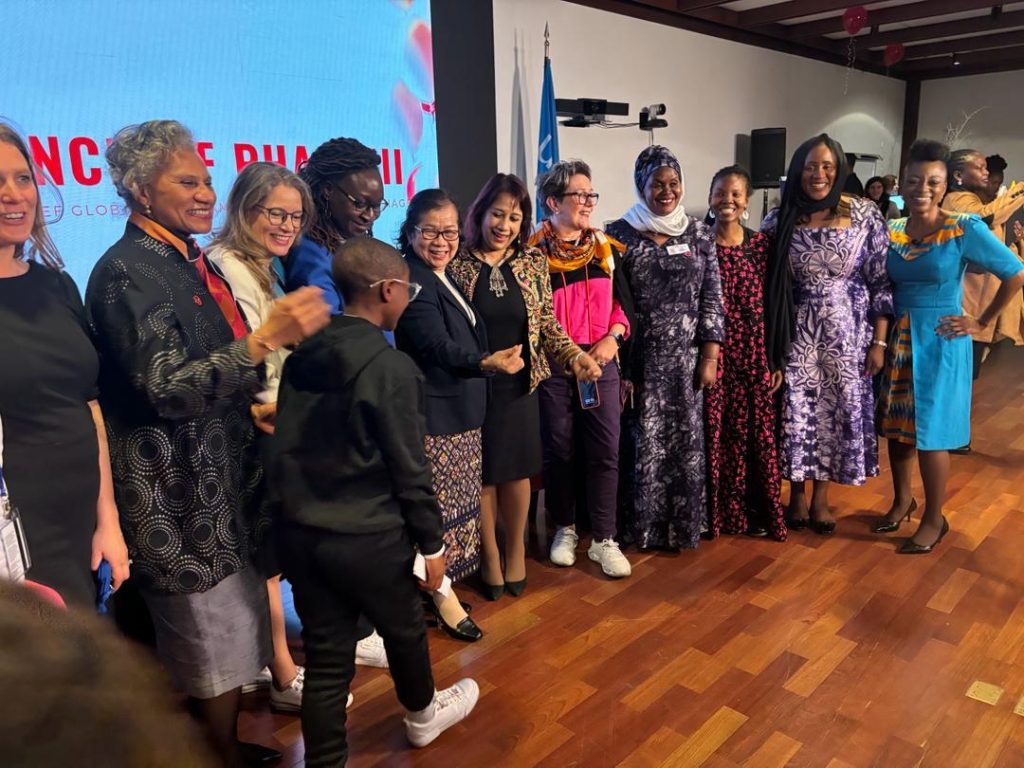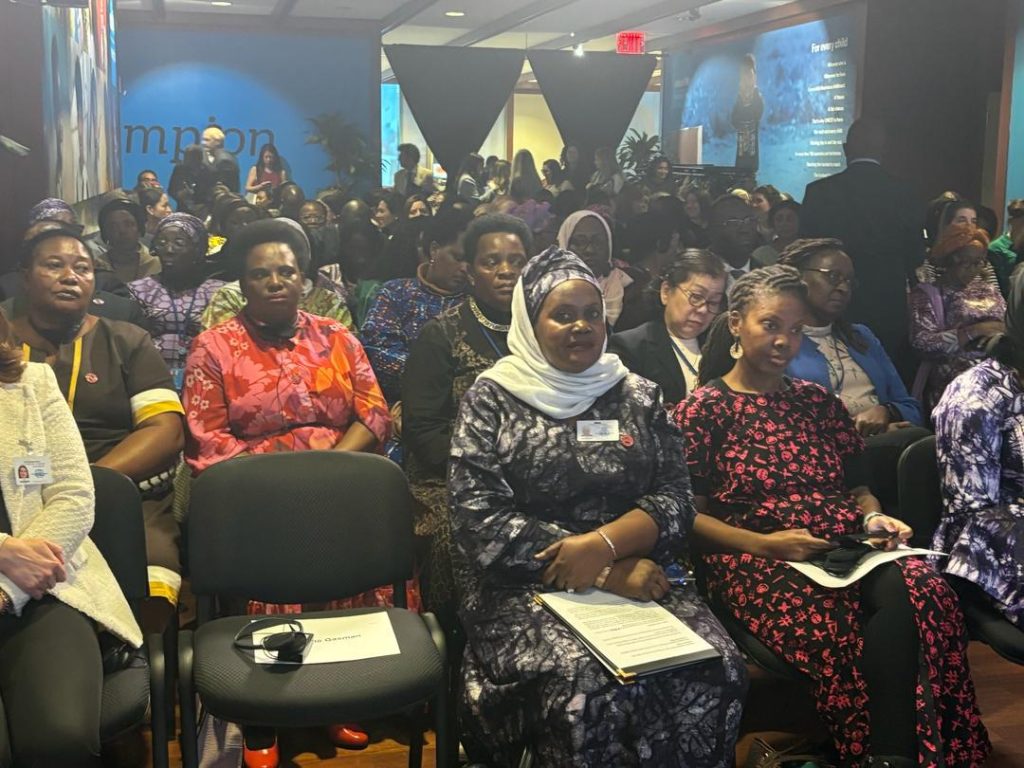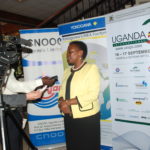First Lady and Minister of Education and Sports Mrs Janet Kataha Museveni, has underscored Uganda’s commitment to ending harmful practices that still affect young girls from achieving their education dreams and curtail them from achieving a full potential.
She was speaking during the launch of a new global campaign to end child marriages during the ongoing Commission on the Status of Women (CSW68) currently underway in New York United States of America.
Uganda has featured prominently owing to its achievements in ending child marriages reflected in the policies already in place to end the vice. Spearheaded by the United Nations Children Education Fund(UNICEF) and United Nations Fund for Population Activities (UNFPA) the initial campaign was launched in 2016 with the aim of ending child marriages by 2030. Uganda was beneficiary to the campaign and has significantly reduced child marriages thanks to policies already in place and the advocacy around the subject.
The New campaign dubbed Phase III of UNFPA-UNICEF Global programme to end child marriages is expanding with the latest to join being the United States of America.
Verina Winder chief of staff Secretary of state office of Global women’s issues at the Department of State United States of America said the United States of America sees value in collaborative efforts.
“No child should be forced to marry: nobody should, child marriage is both a driver and sustainer of poverty” Merina during the event at the UNICEF headquarters.
The initial phase of the campaign by UNICEF and UNFPA was in partnership with the Governments of Belgium, Canada, Italy, the Netherlands, Norway, the United Kingdom, the European Union and the Organisation Zonta International as a 15-year Global Programme to End Child Marriage by 2030.

Sharon Armstrong the Director general for Social Development Bureau, Global Affairs Canada says the intended impact of the programme is for adolescent girls to fully enjoy a childhood free from the risk of marriage and to experience healthier and more empowered life transitions, including making choices about their education, sexuality, relationships, marriage, and childbearing.
Uganda had a high-level representation during the launch at the UNICEF headquarters in New York during the ongoing conference of the Commission on the Statues of Women.
Whereas the First Lady made a recorded statement at this high level meeting Uganda had a high level representation by the 3rd Deputy Premier Lukia Isanga Nakadama, Minister for Presidency Milly Babalanda, Minister for Gender Labour and Social Development Betty Amongi Ongom, Minister of state for Gender and Cultural Affairs, Peace Mutuzo Regis, Ministry of Gender Permanent Secretary Aggrey David Kibenge and the Permanent Secretary Ministry of Lands Mrs. Dorcas W. Okalany as well as other technical officials from government and representatives of the civil society and development partners. They are in the United States of America to attend several meeting and sessions at the United Nations, Commission on the Status of Women.

The latest report on child marriage indicates that while prevalence of the vice has decreased globally over the past decade, from 23 per cent to 19 percent, the decline has been uneven globally, and no region is on track to eliminate the practice by 2030, as required by the Sustainable Development Goal 5.3 target.1
Sheena Sen Gupta Director for Child Protection at UNICEF says, it is estimated that up to 10 million more girls will likely be married as children globally by 2030 due to the effects of the #Covid-19 pandemic.
UNFPA, UNICEF and other global partners were instrumental in securing global commitments on elimination of child marriage and have worked over the past 40 years to implement programmes to reduce harmful practices based on gender inequality and human rights violations of the girl child.
The objectives of the event at UNICEF headquarters in New York during the Commission on status of women were to continue raising the visibility of child marriage as a global issue, to highlight the importance of partnerships and investments in delivering on SDG 5.3 and to Issue a call to action on ending child marriage which is core to Phase III of the Global Programme.







